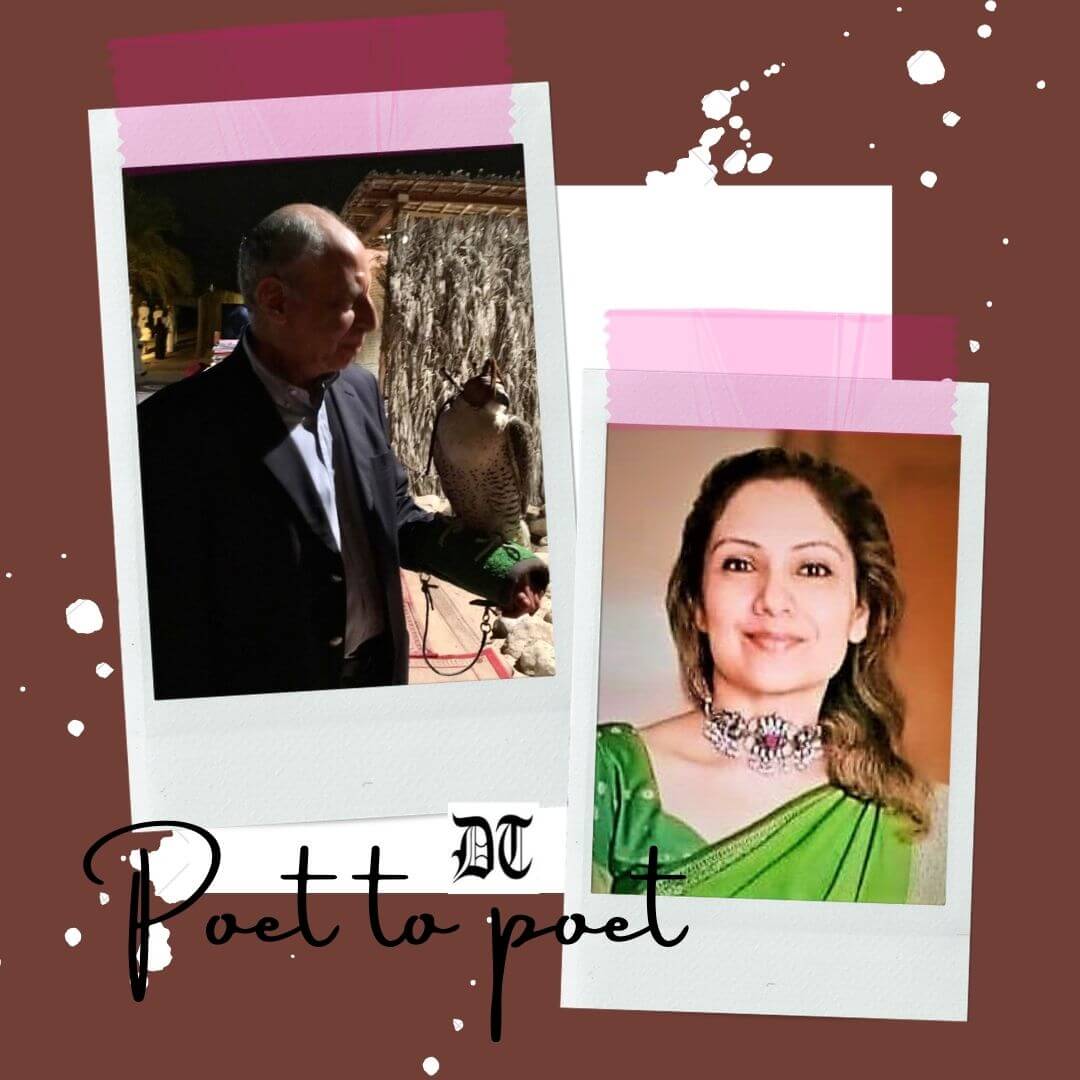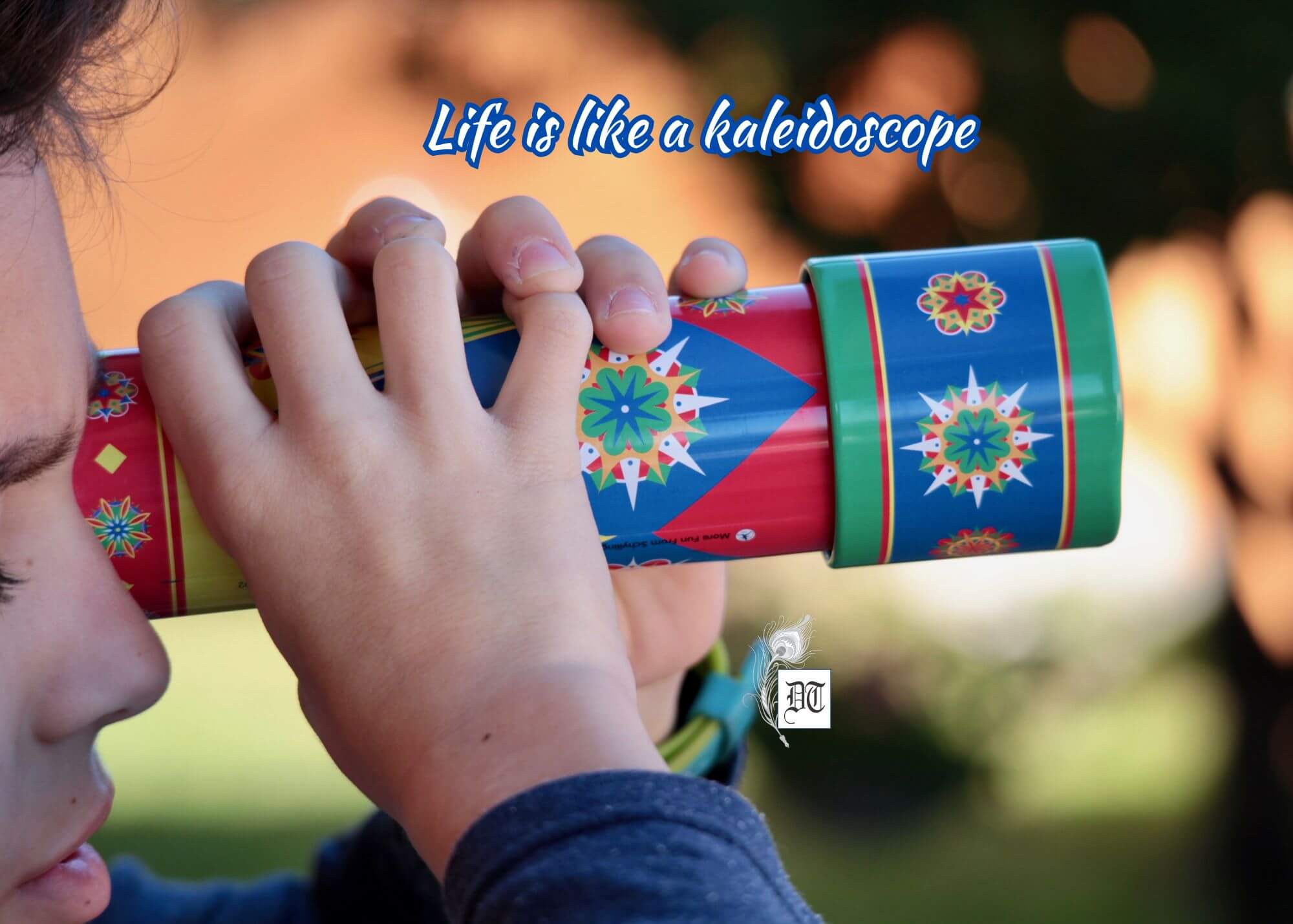Abha describes how as a writer, editor and book reviewer, she picked up interesting words through casual conversations, some word that flies in the air, or a work she suddenly stumbles upon. She finds a poem in her name, ‘Abha’ that resonates with her. Three more interesting words that she found were ‘chumma’, ‘itemgiri’, and ‘mamitsu’, with different meanings. Here’s an interesting narrative about a writer’s journey and meeting with words, exclusively in Different Truths.
As a writer and editor and sometimes book reviewer, I pick up some nuggets through casual conversations, some word that flies in the air, or a work I suddenly stumble upon. I shall give you some instances to illustrate what I am talking about.
In 2013, Sudeep Sen invited me to review the Harper Collins Book of Poetry edited by him, and the review appeared in Cha1 . While reviewing the collection, I was introduced to the work of several new poets, one of them, John Siddique, whose poems really resonate with me. This is one of the unexpected throwbacks of doing voluntary work; you gather your diamonds on the way. And later, I found in John Siddique’s collection of poems titled, Full Blood, which I bought, that he actually has a very beautiful poem in there (among so many others) which is titled, Abha. I posted this on my blog2.
I recently participated in the Seemanchal International Literature Festival, in Bihar, where I met a young Bengaluru writer, whose body is home to several tattoos. I admired a few and she gave the reason or occasion that made her get them one by one. There was one on her forearm, however, which she said she had got done ‘just chumma’.
“Just chumma?” I raised an eyebrow. “You mean, for a chumma? A kiss?” for that is what chumma means in the general understanding of the term.
https://www.youtube.com/watch?v=9ME4eg7RYTQ
She laughed. “No, chumma is a Bengaluru word, meaning ‘just like that’.”
“Oh”, I grinned, “you mean ‘aiwein’, which is what is used in Delhi to denote the same thing?”
We began to laugh. But for me, this was a delightful term, which I would make a part of my arsenal. When I say arsenal, I mean I would use it sometime somewhere in my writing or one of my talks.
I was also introduced to some poet hitherto unknown to me like Abdul Ahad Saaz, whose poem finds its mark in me:
मैं बढ़ते बढ़ते किसी रोज तुझको छू लेता
कि गिन कर रख दिये तू ने मेरी मजाल के दिन
~ अब्दुल अहद साज़
which translated reads:
I would slowly move forward and touch you some day
But you have counted out the days of my impertinence
 Another word making the rounds sometime in Darjeeling post the festival was the word ‘itemgiri’. It was a Mumbai phrase, and one I thought had to do with Bollywood item numbers (raunchy songs), but it turned out that this phrase is for boys who hang around outside college gates eyeing girls. So they do ‘itemgiri’, and it is supposed to be an inherently youth-centric pastime.
Another word making the rounds sometime in Darjeeling post the festival was the word ‘itemgiri’. It was a Mumbai phrase, and one I thought had to do with Bollywood item numbers (raunchy songs), but it turned out that this phrase is for boys who hang around outside college gates eyeing girls. So they do ‘itemgiri’, and it is supposed to be an inherently youth-centric pastime.
At a recent gathering at Habitat Centre where the discussion was of women at the workplace and how an environment could be created there for their safety and wellbeing, a word that cropped up was ‘mamitsu’, which is an Italian term that translates into ‘being soft inside’. It was a term used in the discussion to ask for a certain degree of vulnerability and understanding to occur in the workplace. This was another word that has uniquely found its way into my arsenal of words and expressions.
And so this carries on, people and places and the words they carry with them that add dimensions to my life. Words and expressions fall upon you indirectly and get imbibed into your system for further thought and action. Or you let them lie within you to just nourish you on your journey as a writer.
©Abha Iyengar
Photos from the internet.
#Words #Writer #SeemanchalInternationalLiteratureFetival #Bengaluru #Language #DifferentTruths
1 http://www.asiancha.com/content/view/1424/394/
2 http://poetryilove-abhaiyengar.blogspot.in/2016/06/abha- by-john-siddique-in- his-collection.html




 By
By
 By
By
 By
By